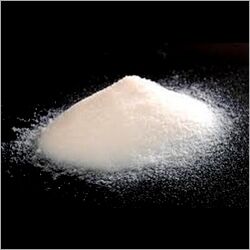Calcium Chloride Powder (Anhydrous)
Calcium Chloride Powder (Anhydrous) has several applications and uses in the construction industry.
Some of these include:
Concrete Acceleration: Calcium chloride is commonly used as a concrete accelerator. It reduces the
setting time of concrete and allows for faster curing. By accelerating the hydration process, it helps in achieving early strength development, which is beneficial in cold weather conditions or when faster construction timelines are
required.
Dust Control: Calcium chloride is used as a dust suppressant in construction sites and unpaved roads. It helps to minimize the generation of dust particles by binding them together. This is particularly useful in arid and dry regions where dust can be a significant problem.
De-icing Agent: Calcium chloride is effective in melting ice and snow, making it useful for de-icing appli
cations in construction sites. It lowers the freezing point of water, leading to the melting of ice and preventing the formation of ice on surfaces such as roads, walkways, and stairs, improving safety during winter conditions.
Moisture Absorption: Calcium chloride is hygroscopic, meaning it has the ability to absorb moisture from the air. It is often used as a desiccant in construction projects to control humidity levels in enclosed spaces, such as storage areas, basements, and crawl spaces. By reducing excess moisture, it helps prevent mold, mildew, and other moisture-related issues.
Brine Solution: Calcium chloride can be dissolved in water to create a brine solution. This solution is used for various construction purposes, such as in geothermal drilling operations and as a heat transfer fluid in thermal energy storage systems.
Frost Protection: In colder climates, calcium chloride can be used for frost protection of construction materials. It helps to prevent damage caused by freezing temperatures by lowering the freezing point of water and reducing the risk of frost heave in the ground.
It’s important to note that calcium chloride is a chemical compound, and its use should follow proper guidelines and safety precautions. It’s advisable to consult product specifications and seek expert advice to determine the appropriate application and dosage for your specific construction project.
